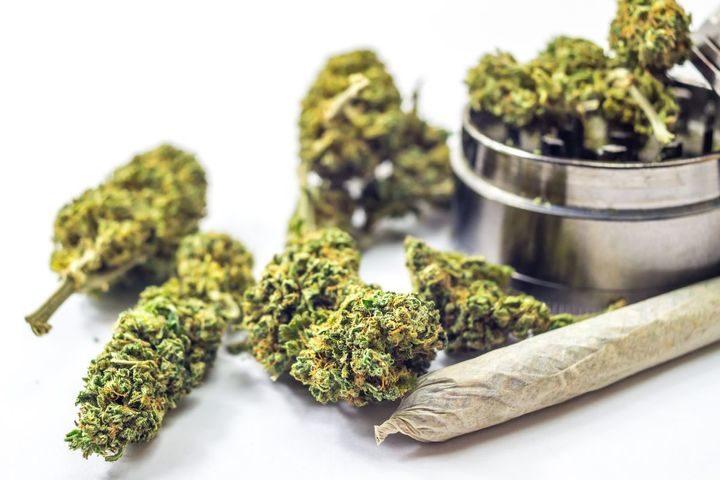Legalize First. Plan, Educate, Question and Deal with the Consequences Later?
Legalize First. Plan, Educate, Question and Deal with the Consequences Later?
Advocates warning about the dangers of recreational marijuana have been outshouted by legalization advocates. With promises of revenue generation, and minimization of potential harm when compared to the opioid epidemic, the walls of legal marijuana are breaking down state by state. Similar with the trajectory of treatment for those struggling with substance use disorder, we have become willing to trade potential short term gains for the consequences that are undoubtedly awaiting us down the road. The article below addresses the dangerous number of people who are willing to get behind the wheel under the influence of marijuana in Virginia. Even more disturbing is the number of people who actually believe that they drive better while under the influence of marijuana.
The study finds that nearly 10% of Virginians have driven under the influence of marijuana at least once a month during the past year. What will our roads and lives look like a year from now? The possibility exists that that number can double or triple in the years to come. How many lives will be affected? For states that have yet to make the decision on legalization, I urge you to look at the numbers. Go to sites like “Smart Approaches to Marijuana (SAM)” to educate yourself and your families. This is not the same marijuana of the 1960’s. It is far more potent and dangerous.
The potential benefits of legalizing recreational marijuana have to be weighed against the costs. States can expect dramatic increases in costs for health care for related ailments, including major increases in emergent care. There will be little consolation for families who mourn the loss of a loved one who died in a crash caused by someone driving while under the influence.
It will be nearly impossible to put the genie back in the bottle. For those of us that have provided services to individuals affected by all substances of use, all of these consequences of legalizing marijuana were predictable. We were not surprised by the irony of attempts at educating the public about the dangers of marijuana use only after legalization has occurred. Nor are we surprised that legalization has resulted, in many cases, where less people are seeking treatment despite increased investment in treatment resources post-legalization. In states that have legalized marijuana, it has not lead to decreased overdose deaths from opioids. It has increased homelessness and crime.
